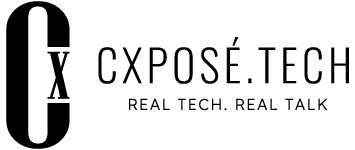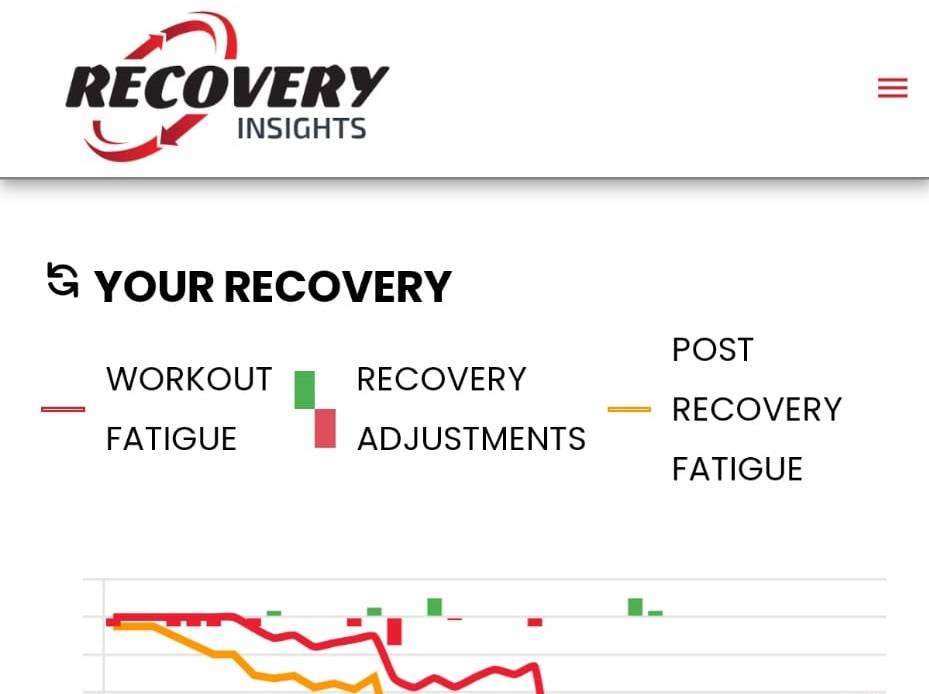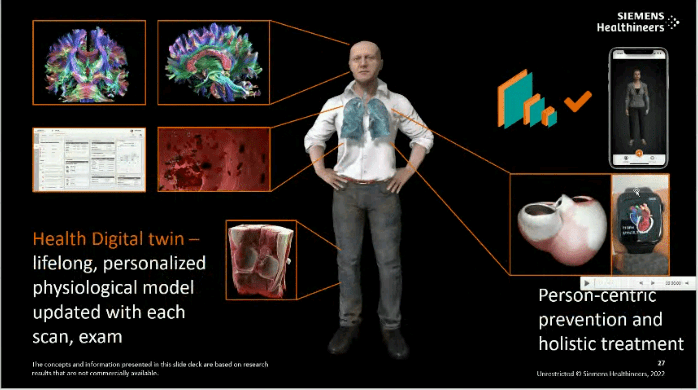CXpose.tech editor-at-large Daniel Ng chats with author of “The Triangulation of Success” about technological advancements, success, and impact in the field of healthcare.
Dr. Timothy Low, previous CEO of both Farrer Park Hospital and Gleneagles Hospital, has made significant strides in the healthcare sector. His book, *The Triangulation of Success*, delves into his philosophy and the practices that underpin his achievements. In this interview, Dr. Low shares his insights on defining success, fostering employee engagement, and advancing technology in healthcare.

Dr. Timothy Low
Defining Success and Creating Impact
Q: Dr. Low, as the CEO of two major hospitals and an author, the word ‘success’ obviously takes centre stage. Can you elaborate on what success means to you, how you create it, and how you measure it?
Dr. Low: To me, success means creating an impact and making a positive difference in the lives of others, contributing to the community, and leaving a meaningful legacy. It’s not just about financial achievements but also about fostering a positive environment where people can thrive. Valuing employees is vital to me. As a leader, I believe it is my responsibility to foster organizational growth, and employees play an essential role in this process. Happy employees lead to positive outcomes, which is especially crucial in the healthcare industry where the well-being of our patients and community is paramount.
Fostering Employee Engagement
Q: How do you ensure that employees remain engaged and motivated?
Dr. Low: Regular staff engagement is a cornerstone of my approach. I make it a point to connect with employees daily by walking the ground and understanding their needs. Weekly, I send inspiring and motivational messages to all staff. Monthly, I host meet-the-staff coffee sessions to foster open communication and camaraderie. Quarterly, we organize activities that encourage staff participation and help instill and cultivate positive behaviours. Annually, we hold comprehensive staff engagement sessions to reflect on our achievements and set future goals.
To ensure we are on track, we utilize staff engagement tools to gather feedback and track responses. Additionally, we monitor the customer satisfaction index to measure our success and identify areas for improvement. This continuous engagement cycle helps create a workplace where employees feel valued and motivated, directly contributing to the quality of patient care.
Technological Advancements in Healthcare
Q: As a former CEO of hospitals and a practising doctor, how do you rate the adoption of technology in the healthcare sector, and how can it be accelerated and implemented?
Dr. Low: The adoption of technology in the healthcare sector in Singapore is progressive but has significant potential for further enhancement. Here’s a brief overview of current adoption rates:
- Electronic Health Records (EHRs): Widely adopted across public and private healthcare institutions, facilitating seamless data exchange and improving patient care coordination.
- Telemedicine: Has seen strong growth, especially accelerated by the COVID-19 pandemic, but further expansion is needed to ensure equitable access across all patient demographics.
- Wearable Technology and Remote Monitoring: Increasingly utilized for chronic disease management and preventive care, with scope for greater integration into mainstream healthcare services.
- Artificial Intelligence (AI) and Machine Learning (ML): Emerging applications in diagnostics, predictive analytics, and personalized medicine, though broader clinical adoption is still evolving.
- Robotic Surgery and Automation: High adoption in major hospitals, enhancing surgical precision and efficiency, yet the cost remains a barrier for widespread use.
- Blockchain for Health Records Security: Currently in the experimental stage with promising potential for enhancing data security and patient privacy.
Accelerating Technological Implementation
Q: What strategies do you recommend to accelerate and implement technology in healthcare?
Dr. Low: Accelerating and implementing technology in healthcare requires a multifaceted approach:
- Investment in Infrastructure: Strengthening IT infrastructure is essential to support advanced technologies. Robust and secure systems are necessary to handle large volumes of health data efficiently.
- Interoperability Standards: Developing and enforcing national standards for data interoperability will enable seamless data exchange between different healthcare providers and systems.
- Training and Education: Continuous education and training programs for healthcare professionals are vital. This ensures they can effectively utilize new technologies and stay updated with the latest advancements.
- Patient Engagement: Enhancing patient education on the benefits of technology in healthcare is crucial. It encourages the use of digital health tools and telemedicine services.
- Policy and Regulation: Supportive government policies and regulations are needed to foster innovation while safeguarding patient safety and data privacy.
- Collaborative Ecosystem: Creating a collaborative ecosystem involving healthcare providers, technology companies, and academic institutions can drive innovation and share best practices.
- Pilot Programs: Implementing pilot programs to test new technologies on a smaller scale allows for gathering feedback and refining solutions before widespread rollout.
8. Funding and Incentives: Securing funding and providing financial incentives for healthcare organizations to adopt and integrate new technologies is particularly important in under-resourced areas.
9. Feedback Mechanisms: Establishing continuous feedback mechanisms to gather insights from both healthcare providers and patients will enable ongoing improvement of technology solutions.
By focusing on these strategies, Singapore can further accelerate the adoption and effective implementation of technology in its healthcare sector, leading to improved patient outcomes and operational efficiencies.
technology, healthcare organizations can create a positive impact and drive significant improvements in patient care. Dr. Low’s insights provide a roadmap for other leaders in the healthcare industry to follow, ensuring that success is measured not just by financial metrics but by the positive difference made in the lives of individuals and the community at large.

 Daniel has 40 years of experience that span his Software Engineer beginning and his Marketing development/ leadership roles in companies like IBM, Red Hat, Microsoft, Cloudera, Neo4j, and Sun Microsystem (which he helped achieve
Daniel has 40 years of experience that span his Software Engineer beginning and his Marketing development/ leadership roles in companies like IBM, Red Hat, Microsoft, Cloudera, Neo4j, and Sun Microsystem (which he helped achieve 






